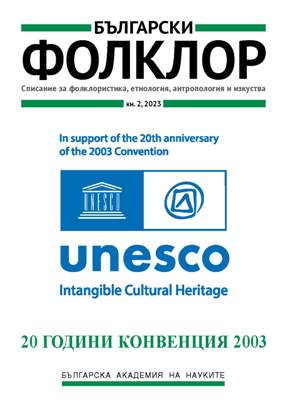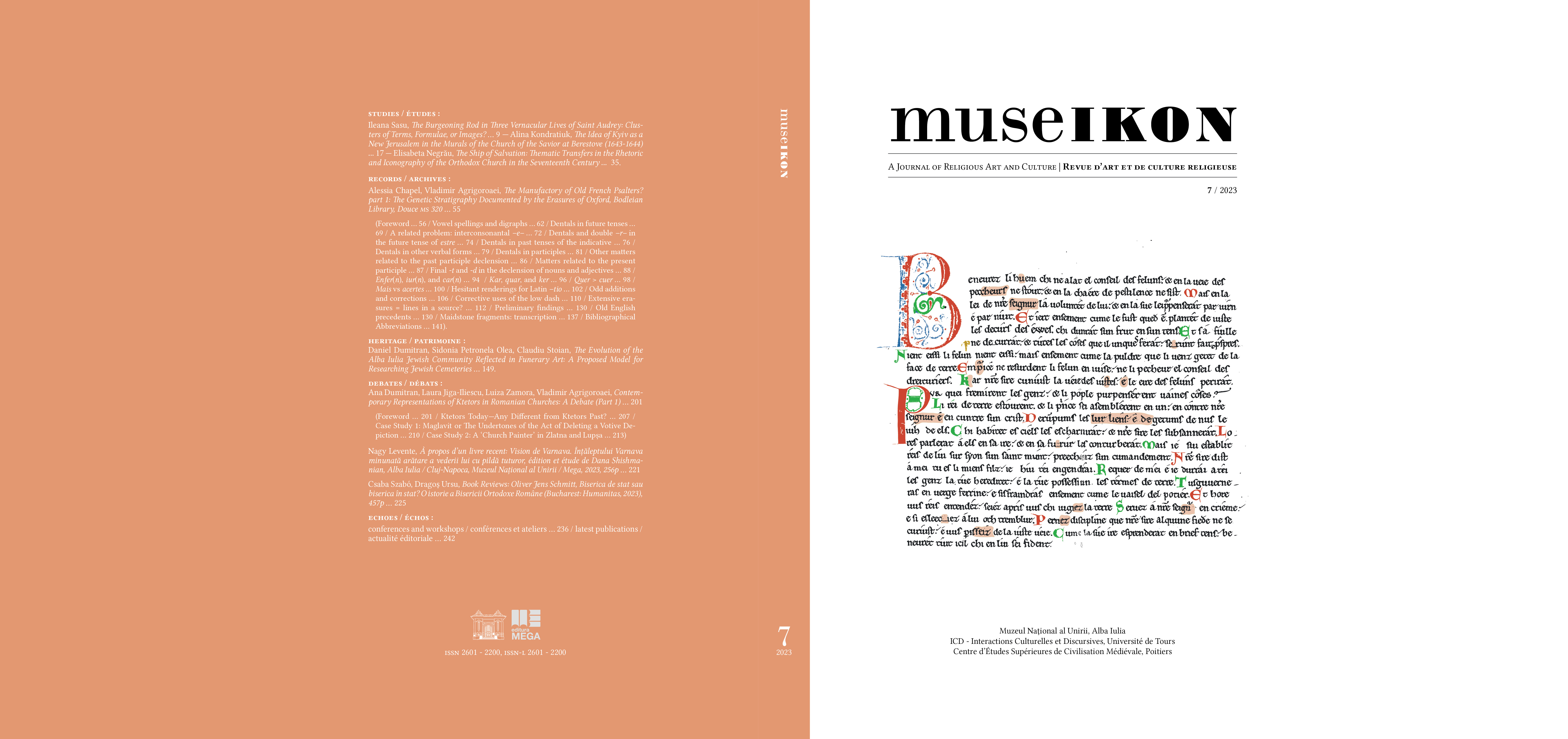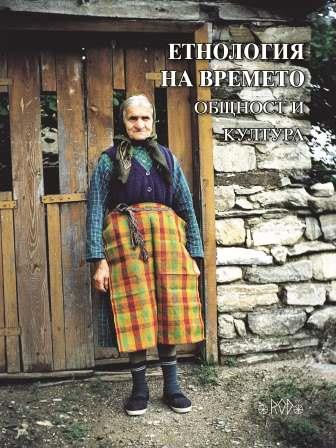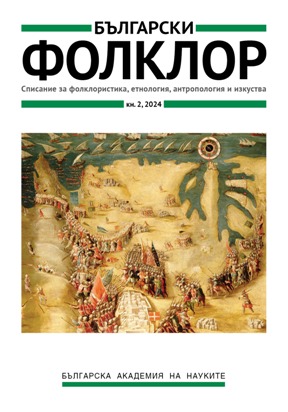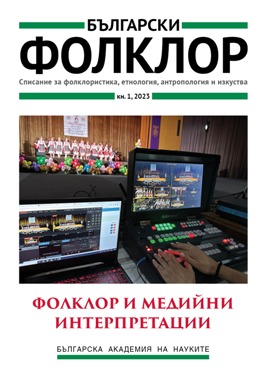
Чешката телевизионна реклама и фолклорът – начини за употреба на народните традиции от масмедиите
The ways in witch advertising uses folklore motifs are rather varied and interesting. In this article, we first clarify what the essence of advertising is at a theoretical level, who it is aimed at, what is presented and how it is presented, and of course, also who orders the advertisement. This synthesizing theoretical introduction is necessary in order to fully understand the differences between audio advertising, visual and audio-visual presentation, as well as how contemporary advertising permeates the media environment including Internet and social networks. Also significant is the psychological effect on the costumers, which uses a number of traditional stereotypes and expected behaviour patterns. Subsequently, we will look in more detail at the role of folklore and especially folklore narratives in advertising, including its changes in the last century, which we will illustrate with two specific examples. The next part of the article consists of an analysis of two contemporary advertising campaigns with dominant folklore motifs in the Czech media environment (Equa bank and Seznam.cz), in which we show in detail the way they communicate with the costumer, the folklore stereotypes used and the comments of the clients and creators of these advertisements regarding the expected effect of the campaign.
More...
